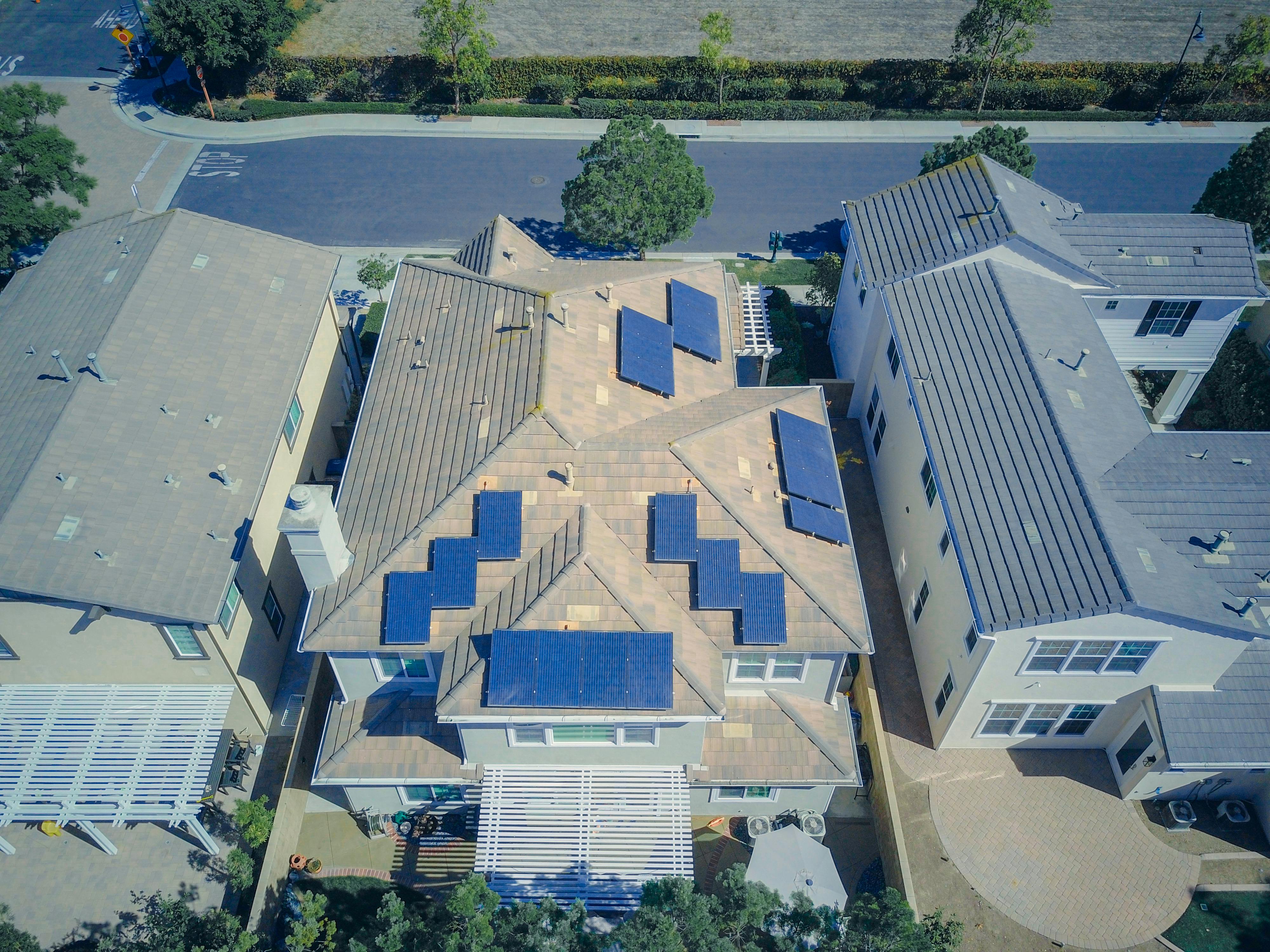Go Solar with Zero Upfront Cost
Evolve Solar
Clean energy, zero upfront cost. Start saving on energy bills while helping the planet—residential or commercial, we've got you covered.




+99
50,000 Customers across all 50 states who've gone solar with Evolve Solar

Nationwide • Free Consultation • Fast Approval
Nationwide Coverage
Clean Energy
Zero Upfront Cost
Fast Approval
What We Do
Solar Solutions
Whether you're a homeowner or business owner, we have the right solar solution for you
01
Residential Solar
Go solar with zero upfront cost and start saving on your energy bills today with tier 1 premium panels
Get Quote02
Commercial Solar
Reduce operating costs and stabilize energy expenses with custom solar solutions backed by 25-year warranty
Get Quote03
Solar Financing
Flexible financing options including solar loans, leases, and PPAs—fast approval with soft credit pull
Get QuoteWhy Choose Us
Comprehensive Solar Solutions
Everything you need for a seamless transition to clean, renewable energy
Premium Solar Panels
Tier 1 panels and inverters from proven manufacturers for maximum efficiency and reliability
Professional Installation
Certified local installation teams in all 50 US states and Canada
Flexible Financing
Solar loans, leases, and power purchase agreements (PPAs) tailored to your budget
Expert Consultation
Long-term support from initial inquiry through post-installation and beyond
Competitive Pricing
Operational efficiencies passed directly to customers for the best value
25-Year Warranty
Industry-leading coverage for panels, inverters, and workmanship
Our Values
What Drives Us
Our commitment to excellence and sustainability guides everything we do
Sustainability
Committed to reducing carbon footprints and promoting renewable energy for a cleaner planet
Innovation
Cutting-edge solar technology and solutions that deliver maximum efficiency and savings
Integrity
Transparent pricing, honest recommendations, and 25-year warranty protection you can trust
Customer-Centric
Your satisfaction is our priority—from consultation through installation and beyond
Community Engagement
Building stronger communities through local certified installers and support across North America
Our Process
Going Solar is Simple
From consultation to installation to savings—we make it easy to switch to solar.
1
Free Consultation
Call or fill out our form. We'll assess your property and energy needs at no cost.
2
Custom Quote
Our experts design a solar system tailored to your home or business with an upfront price.
3
Installation
Our licensed team installs your solar system professionally—usually in one day for residential.
4
Start Saving
Begin generating clean energy and watch your electric bill drop month after month.
50K+
Customers Nationwide
100MW+
Clean Energy Installed
$500M+
Customer Savings
4.9★
Customer Rating
Testimonials
What Our Customers Say
Don't just take our word for it — hear from our satisfied customers
Answers
Solar FAQs
What services do you offer?+
We offer residential solar installations with no upfront cost, commercial solar installations with free consultations, and solar financing solutions with fast approvals and soft credit pulls. All installations use premium Tier 1 panels from proven manufacturers.
What warranty do you provide?+
We offer industry-leading 25-year warranty coverage for panels, inverters, and workmanship. This comprehensive protection ensures your investment is safeguarded for decades.
How much does residential solar cost?+
Residential solar with Evolve Solar starts as low as $99. Exact pricing depends on your home, energy usage, and financing option, so we provide personalized quotes based on your situation.
What financing options are available?+
We offer flexible financing including solar loans, solar leases, and power purchase agreements (PPAs). All options include fast approval with soft credit pulls, so you can choose the payment plan that best fits your budget.
Will applying for financing affect my credit score?+
We use a soft credit pull for initial financing review, which does not impact your credit score. If you decide to move forward, a hard credit check may be needed for final approval.
What areas do you serve?+
We serve customers across all 50 US states and Canada for both residential and commercial solar solutions with certified local installation teams.
Get In Touch
Get Your Free Solar Consultation
Contact us for a free, no-obligation solar assessment. We'll review your home or business and show you how much you can save.
(888) 308‑0642
Monday-Sunday, 9 AM - 6 PM PT
Service Area
Coast to Coast, and Canada
Get in Touch
Fill out the form below and we'll get back to you soon.
Ready to Go Solar?
Get a free solar consultation today. No upfront cost, no obligation.